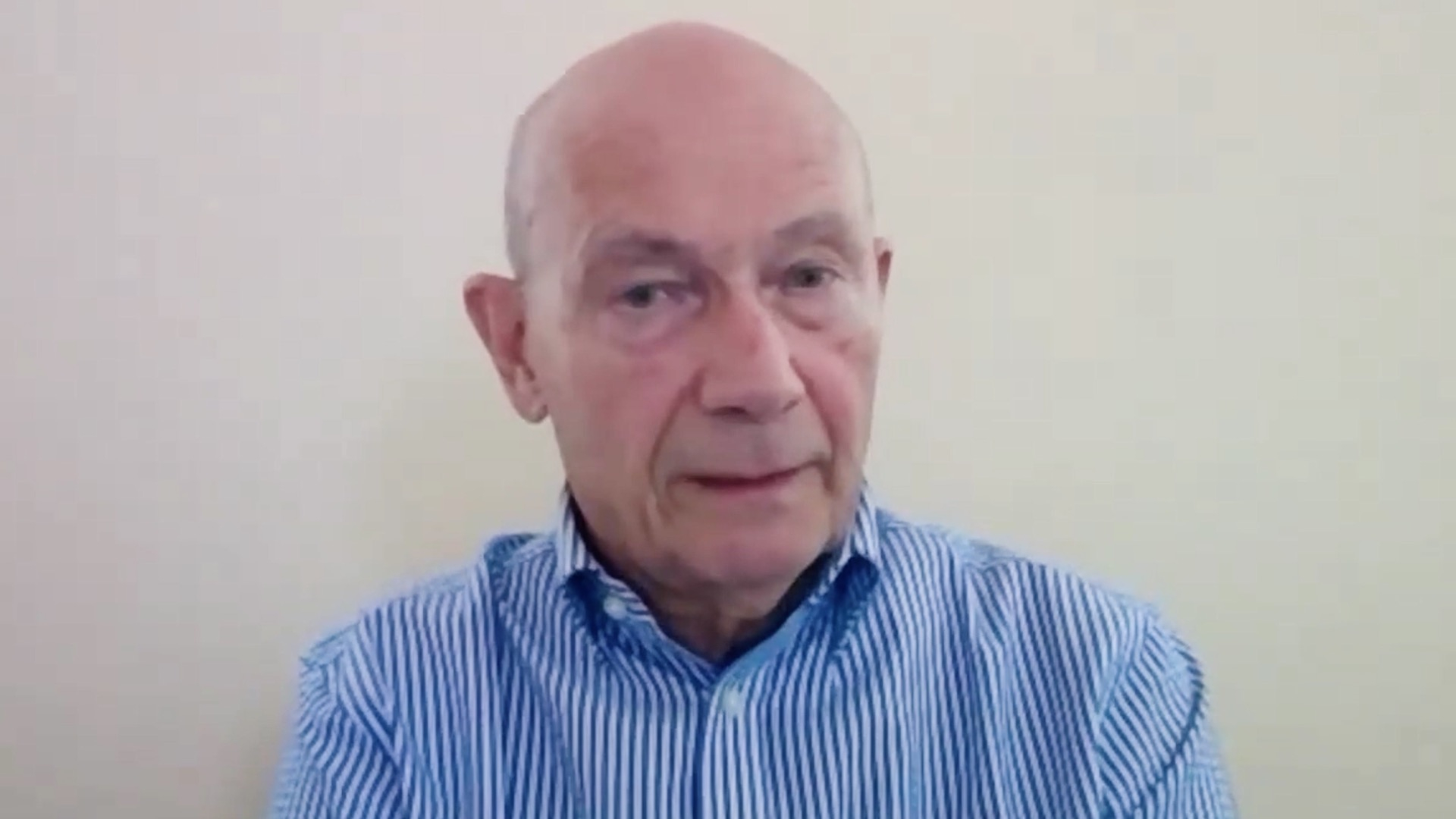Editor's note: COVID-19: Economic Analysis is a series of articles comprising experts' views on developing micro and macroeconomic situations around the globe amid the COVID-19 pandemic.
Former World Trade Organization (WTO) Director-General Pascal Lamy is not worried about "deglobalization" after COVID-19, but believes it will be different.
What's inevitable is the impact of COVID-19 on globalization, Lamy said during an online webinar hosted by China Europe International Business School in April while sharing his views on how the global pandemic will change the world economy. He's also a distinguished professor at China Europe International Business School.
He began his speech with four "more" and two "less." He said the world will face "more governments, more precautions, less growth, more digital, more inequalities among countries and less inequalities within countries."
"I do not believe a post COVID-19 world will be deglobalized," Lamy used some strong words at the very beginning of the meeting, predicting that globalization is going to look a bit different.
"There will be some reconfiguration of production chains," he said, adding that value chains will be shortened in the future and production will be more localized.
Be careful of 'precaution'
Lamy warned that the world should be careful about the rise of "precaution."
"Precaution is a sort of risk management between what's good and what's bad," he said, stressing that different countries have different views on good and bad, and "precaution is much more linked to cultural cognitive differences."
A world with more precaution will be more heterogeneous, Lamy said.
As of April 23, a total of 80 governments have completely banned or partially restricted the export of masks, personal protective equipment, medicines and other medical products, according to the World Health Organization (WHO).
According to WHO data, only 10 countries in the world account for 75 percent of the world's total exports of medical products. Crucial supplies for COVID-19 such as medical masks, ventilators and rubber gloves, about 65 to 80 percent of global imports, are often provided by just three countries.
Even though those export restrictions are under WTO rules when justified by "resource shortage" or "health threat," Lamy pointed out in an earlier online conference hosted by the Center for China and Globalization that the move will not only damage the country's importers and exporters, but also disrupt global supply chains and harm countries that are vulnerable to medical resources shortage.
"We will need more international cooperation," said Lamy. "We will need more multilateralism and we will need more discipline in order to avoid this post COVID-19 world to become the law of the jungle."
05:50

WTO needs more comprehensive rules
Emergency measures have always existed in global trade, and WTO's Agreement on Safeguards is one of them.
Safeguard measures are defined as "emergency" actions with respect to increased imports of particular products, defined WTO on its official website, where such imports have caused or threatened to cause serious injury to the importing member's domestic industry.
However, on export side, there is no such "Agreement on Safeguards" in WTO. Lamy said the WTO should have a similar agreement allowing countries to take emergency measures in exporting, but the key is how to define and contain these exceptions to prevent abuse.